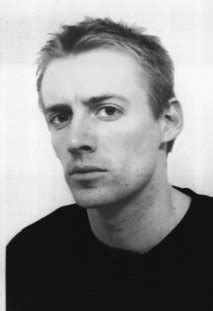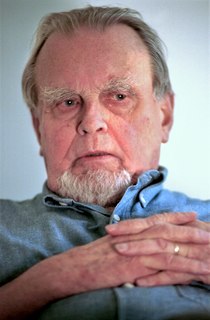A Quote by Sebastian Faulks
That's what opium does to suffering: makes it of hypothetical interest only.
Related Quotes
Everyone makes a difference. Someone who does something for others makes a big difference. A person who has no self-interest to do things for others makes a bigger difference. But, one who does everything for everyone for the sake of humanity without vested interest makes a real big difference for sustainability.
It would be nonsense to say that it was not in the interests of a stone to be kicked along the road...A stone has no interests because it cannot suffer. The capacity for suffering and enjoyment is, however, not only necessary, but also sufficient for us to say that a being has interests - at an absolute minimum, an interest in not suffering. A mouse, for example, does have an interest in not being kicked along the road because it will suffer if it is.
Religion used to be the opium of the people. To those suffering humiliation, pain, illness, and serfdom, religion promised the reward of an after life. But now, we are witnessing a transformation, a true opium of the people is the belief in nothingness after death, the huge solace, the huge comfort of thinking that for our betrayals, our greed, our cowardice, our murders, we are not going to be judged.
And why are you so firmly, so triumphantly, convinced that only the normal and the positive--in other words, only what is conducive to welfare--is for the advantage of man? Is not reason in error as regards advantage? Does not man, perhaps, love something besides well-being? Perhaps he is just as fond of suffering? Perhaps suffering is just as great a benefit to him as well-being? Man is sometimes extraordinarily, passionately, in love with suffering, and that is a fact.






































